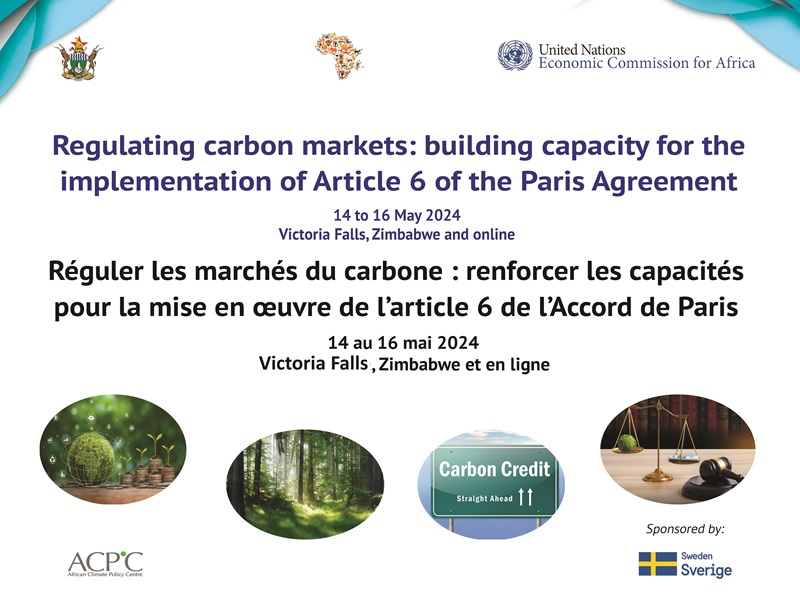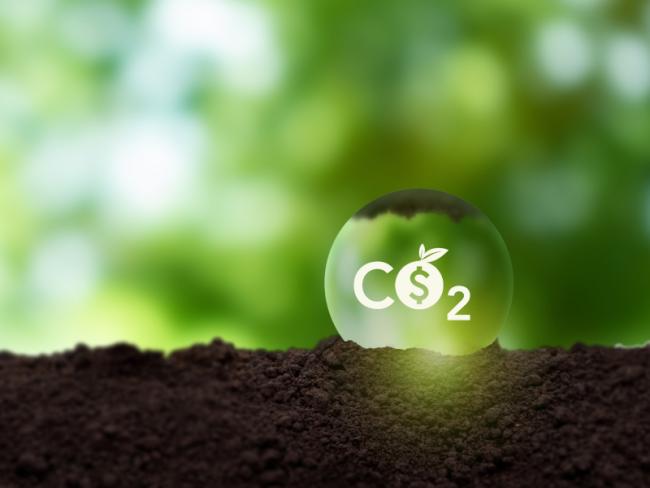
Introduction
The Sixth Assessment Report of the Intergovernmental Panel on Climate Change notes that human-caused climate change impacts are already being felt in every region across the globe, with those who have contributed the least to climate change being most vulnerable to the impacts, and, together with losses and damages, will increase with every increment of warming. The fight against global warming and climate change requires all countries to participate in the reduction of greenhouse gas emissions through transitioning to low carbon development.
Africa is heavily impacted by climate change despite its contribution being less than 4 percent of global emissions (IPCC, 2021). Building Africa’s resilience and funding the transition to low emission development will require financial resources that are far beyond the resources what can the availed by governments using public finance and overseas development assistance. Public multilateral and bilateral adaptation finance flows to developing countries declined by 15 per cent to US$21 billion in 2021. As a result of the growing adaptation finance needs and faltering flows, the current adaptation finance gap is now estimated at US$194-366 billion per year (UNEP Adaptation Gap Report, 2023).
Recognising the need to encourage the flow of climate finance from developed countries to developing countries for the purposes of enhanced climate action, Article 6 of the Paris Agreement provides for the use of market and non-market mechanisms in the climate change mitigation activities at the same time aiding sustainable development including building climate resilience. Decisions at COP26 held in Glasgow on Article 6 of the Paris Agreement elaborated the key elements for the operationalisation of the new carbon market as well as emphasised the need for capacity building across Article 6.2 and 6.4. As African countries start implementing Article 6, it is increasingly apparent there is need to bolster continental expertise on the subject matter including on the relevance of cooperative approaches in the context of NDC implementation, innovative financing for market participation and host party arrangements strengthening.
Objectives
The workshop seeks to provide a platform for AGN Article 6 negotiators and experts to discuss and exchange views on the following matters:
- The status of African participation on the compliance global carbon market, its preparedness and possibilities of developing regional markets.
- Carbon market related negotiations under the UNFCCC, the status and scenarios going into 60th Subsidiary Body Meetings and COP29.
- Host country experiences in Article 6 implementation including the setting up of regulatory and institutional frameworks as well as capacity building activities.
- Market mechanisms in relation to the achievement of Nationally Determined Contributions as well as related financing.
Documents
Presentations
First Day
- Africa Participation in the Global Carbon Market History, Challenges and Opportunities - Washington Zhakata
- Article 6.2 of the Paris Agreement Cooperative approaches - El Hadji Mbaye DIAGNE
- The Supervisory Body and Operationalization of Article 6.4 of the Paris Agreement - Tirivanhu Muhwati
Second Day
- Activating internal carbon markets in Africa - El Hadji
- National Carbon Infrastructure - Registries - Excellent Hachileka
Third Day
- Article 6 implementation in Zambia - Elaine Kafwimbi
- Carbon Market development in the Central African Region
- West African Alliance on Carbon Markets and Climate Finance - Ousmane Fall Sarr
- CDM TO ARTICLE 6.4 Transition updates - Alick Muvundika
- Non Market Approaches - Mkhuthazi Steleki
- Beyond carbon markets financing development
- Article 6 workshop way forward - James Murombedzi




